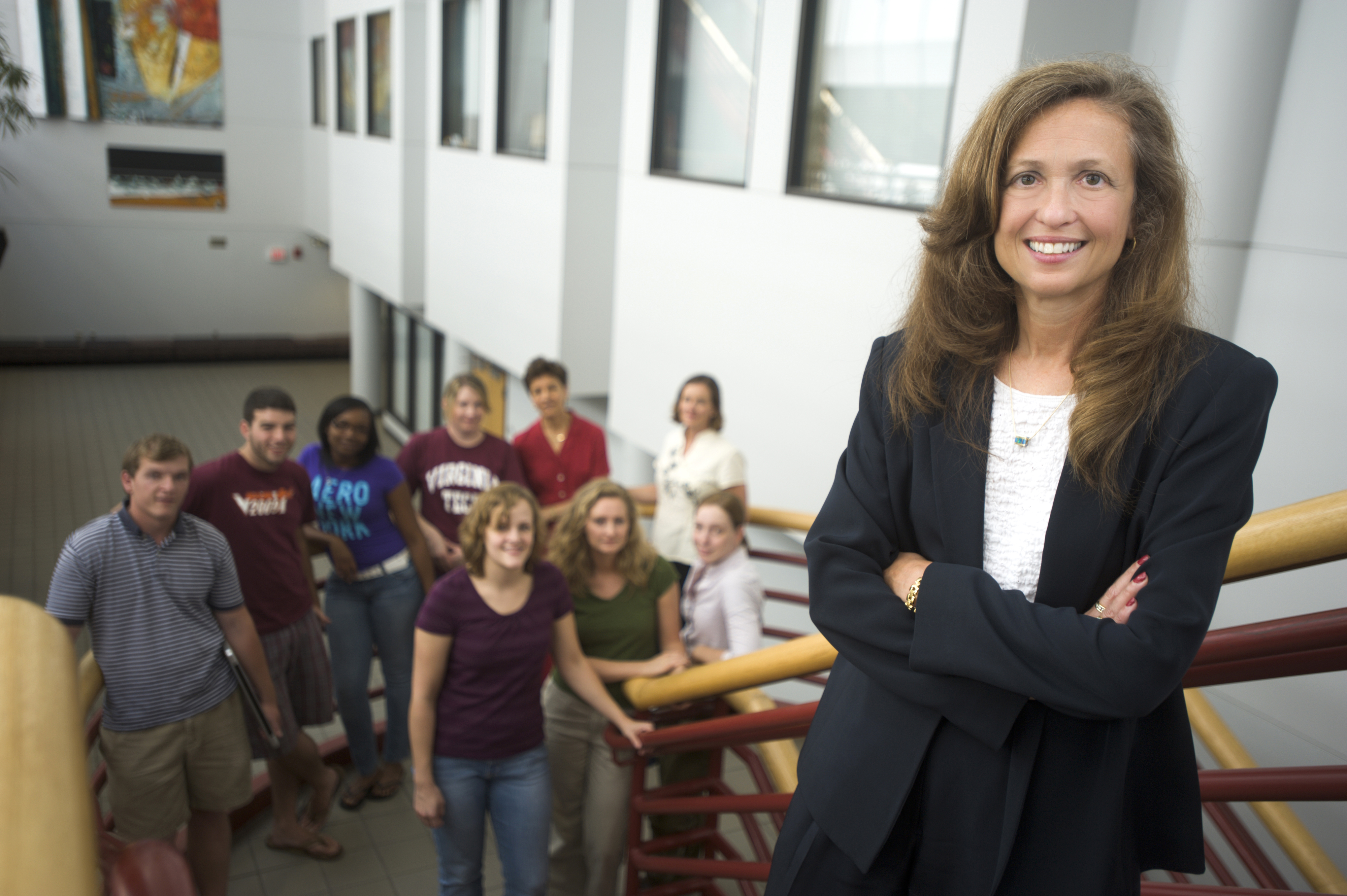Karen Roberto recognized for excellence in research and mentoring

If a professor could earn the title of best all-around, Karen Roberto would be in the running.
Roberto, director of the Center for Gerontology at Virginia Tech, will deliver the keynote address this week at the Australian Association of Gerontology National Conference on “Resilience in Ageing: Insights from Older Adults and Their Families.” As the 2012 Gary Andrews Visiting Fellow, Roberto follows that with a series of seminars in four different Australian states on the topics of mild cognitive impairment, elder financial abuse, and intimate partner violence in late life.
As a family gerontologist, Roberto has won more than $4.1 million in research grants that focus on health and social support in late life and includes studies of the health of rural older women, coping with chronic conditions such as osteoporosis, pain, falls, and cancer, family relationships and caregiving, and elder abuse.
Roberto also was recently awarded the Distinguished Mentorship in Gerontology Award by the Gerontological Society of America as someone who “fosters excellence in the field of aging and has made a major impact on their students and fellow researchers.”As director of Virginia Tech’s center since 1996, Roberto mentors undergraduate and graduate students, but also uses her position as a research administrator to mentor new and experienced faculty members alike. Dozens of Roberto’s former students now serve in leadership positions in community service organizations and academia across the United States.
Roberto joined the Gerontological Society of America as a graduate student in 1980 and has served in various leadership positions, now holding the prestigious designation as Fellow.
Roberto, professor of human development, also serves as director of the Institute for Society, Culture, and Environment at Virginia Tech, and holds the positions of adjunct professor for the Department of Internal Medicine and Department of Psychiatry at the Virginia Tech Carilion School of Medicine.
Roberto offers her administrative skills and scientific expertise to local, state, regional, and national organizations by serving on advisory boards and responding to requests for translating age-related research and information in a way that is meaningful and useful to academics, policy-makers, community professionals, and lay audiences.
Roberto received her bachelor’s degree from Indiana University of Pennsylvania, and her master’s and Ph.D. from Texas Tech.




